Hours after the death of Pope Francis, Israel’s Foreign Ministry posted a message on X, offering condolences: “Rest in peace, Pope Francis. May his memory be a blessing.” However, the post was deleted within hours without explanation.
The removal highlighted the ongoing tensions between Israel and the Vatican, which have intensified due to Francis’ outspoken criticism of Israeli actions during the Gaza war.
While the world mourned the pope’s passing, Israel’s Prime Minister Benjamin Netanyahu and Foreign Minister Gideon Saar remained silent, with only President Isaac Herzog offering official condolences, praising Francis for his “deep faith and boundless compassion.”
This marked a stark contrast to Netanyahu’s usual quick reactions to the deaths of international figures.
Israel’s strained relationship with the Vatican, which had warmed during Francis’ papacy, has cooled significantly since the war in Gaza erupted on Oct. 7, 2023.
Francis had expressed sorrow for Israeli victims but condemned Israel’s actions in Gaza, calling them “immoral” and disproportionate.
His stance included questioning whether Israel’s actions constituted genocide – a claim Israel has strongly denied.
Throughout the conflict, Francis balanced sympathy for both Israeli victims and Palestinian casualties, walking a fine line between his relationship with Israel and his commitment to justice.
He was especially close to Gaza’s local parish priest, also Argentine, deepening his connection to the Palestinian cause.
“Pope Francis condemned what happened on Oct. 7, but he was clear that it did not justify the actions that followed,” said Wadie Abunassar, head of the Christian group representing Israelis and Palestinians.
Israel’s relationship with the Vatican has been historically fragile, rooted in tensions dating back to World War II when critics accused Pope Pius XII of failing to speak out against the Holocaust.
Despite these issues, relations thawed in the 1960s, and in 1993, the Vatican and Israel established formal diplomatic ties.
However, the recent rightward shift in Israel’s government and the ongoing conflict with Gaza have strained these ties.
Francis’ stance on Gaza, which he maintained consistently, was one of a deep commitment to peace and mercy.
“War is defeat, there’s no victory for war,” said Father David Neuhaus, a priest and former spokesperson for Francis during his 2014 visit.
Francis’ calls for an end to violence and his meeting with families of hostages held in Gaza emphasized his unwavering plea for peace, despite Israel’s use of military force.
Although Israeli officials have refrained from attending the pope’s funeral, sending only their ambassador, Israel insists this decision is due to logistical constraints, including the Sabbath. “We are taking part in the funeral in the most official way,” said Foreign Ministry spokesperson Oren Marmorstein.
Abunassar, upset by the Israeli government’s lack of formal condolences, remarked, “The man was the leader of the most important church in the world. He deserves respect.”
He expressed disappointment that the government did not recognize Francis’ pivotal role in global peace and interfaith dialogue.
In contrast, hundreds gathered in Jerusalem’s Church of the Holy Sepulcher for a requiem mass, honoring Francis’ legacy of interfaith unity.
The mass also celebrated Francis’ groundbreaking relationship with Orthodox Christianity, particularly his 2014 meeting with Ecumenical Patriarch Bartholomew I, which marked a historic step in healing centuries of division.

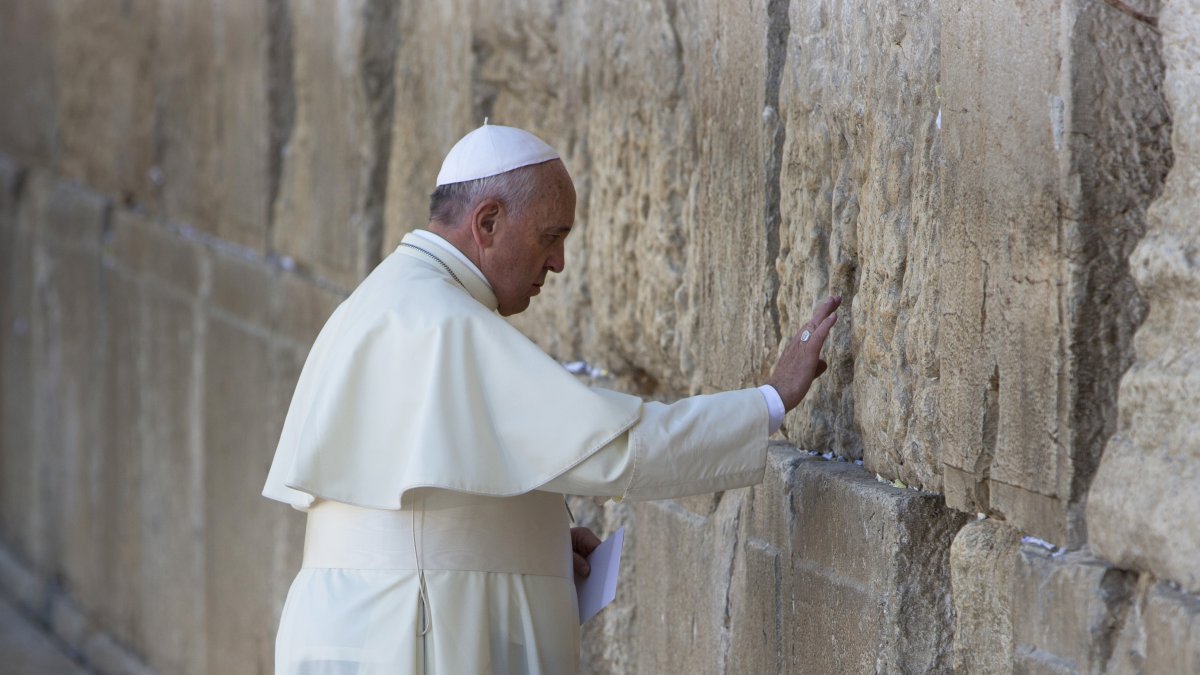
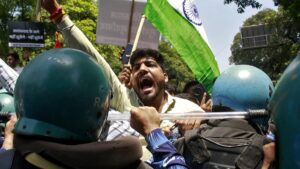

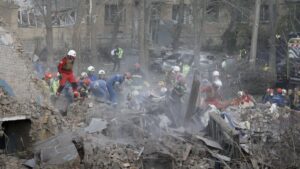
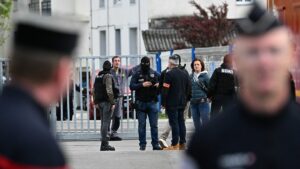


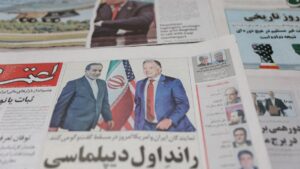
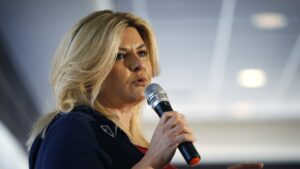
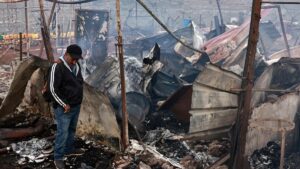
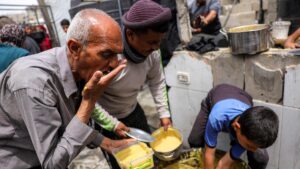
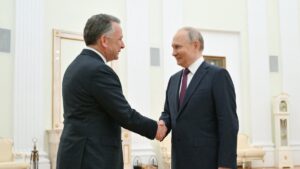
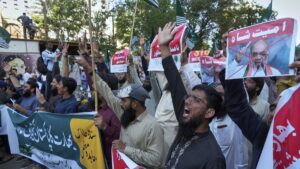
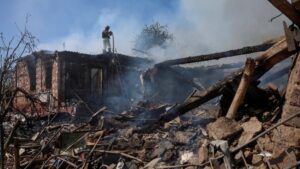

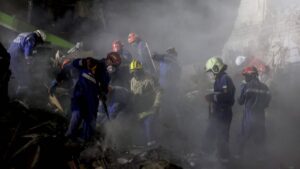

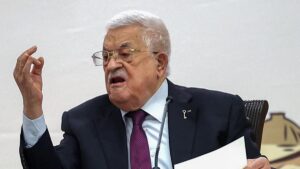
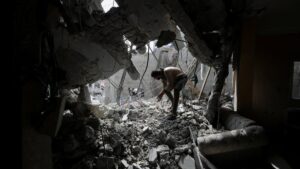
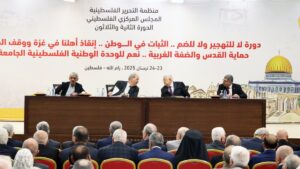
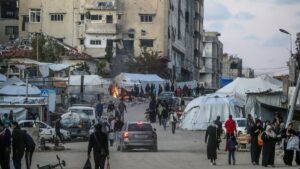




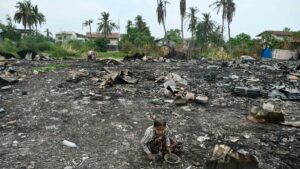
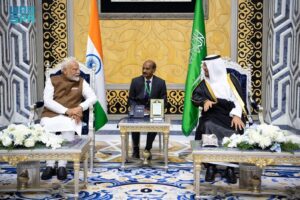

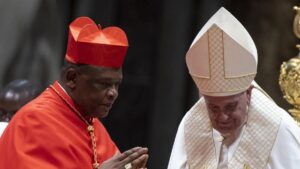
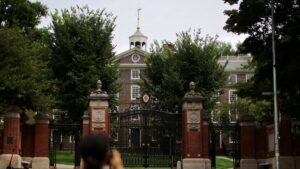

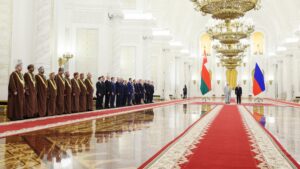
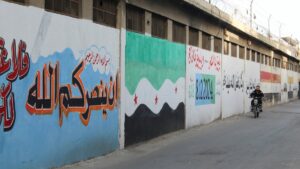

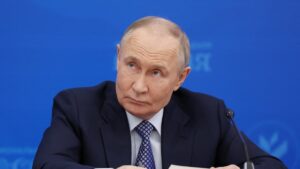

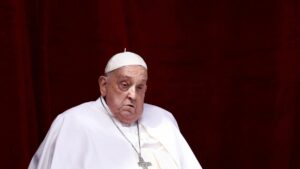
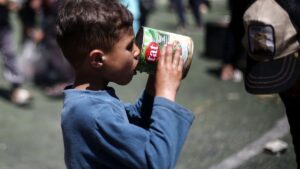

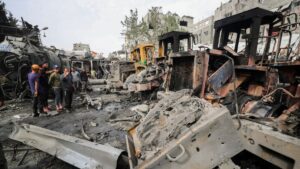
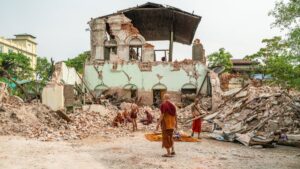
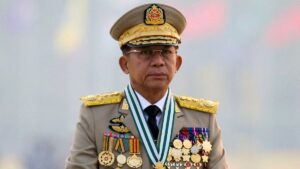
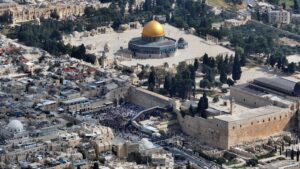


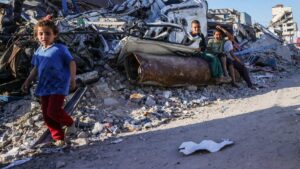
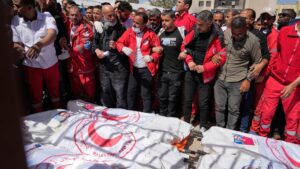
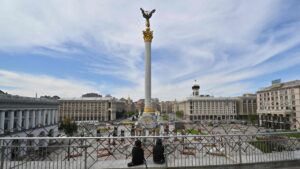


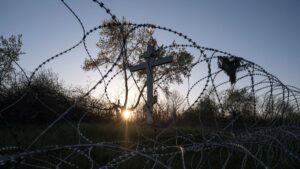
Be First to Comment